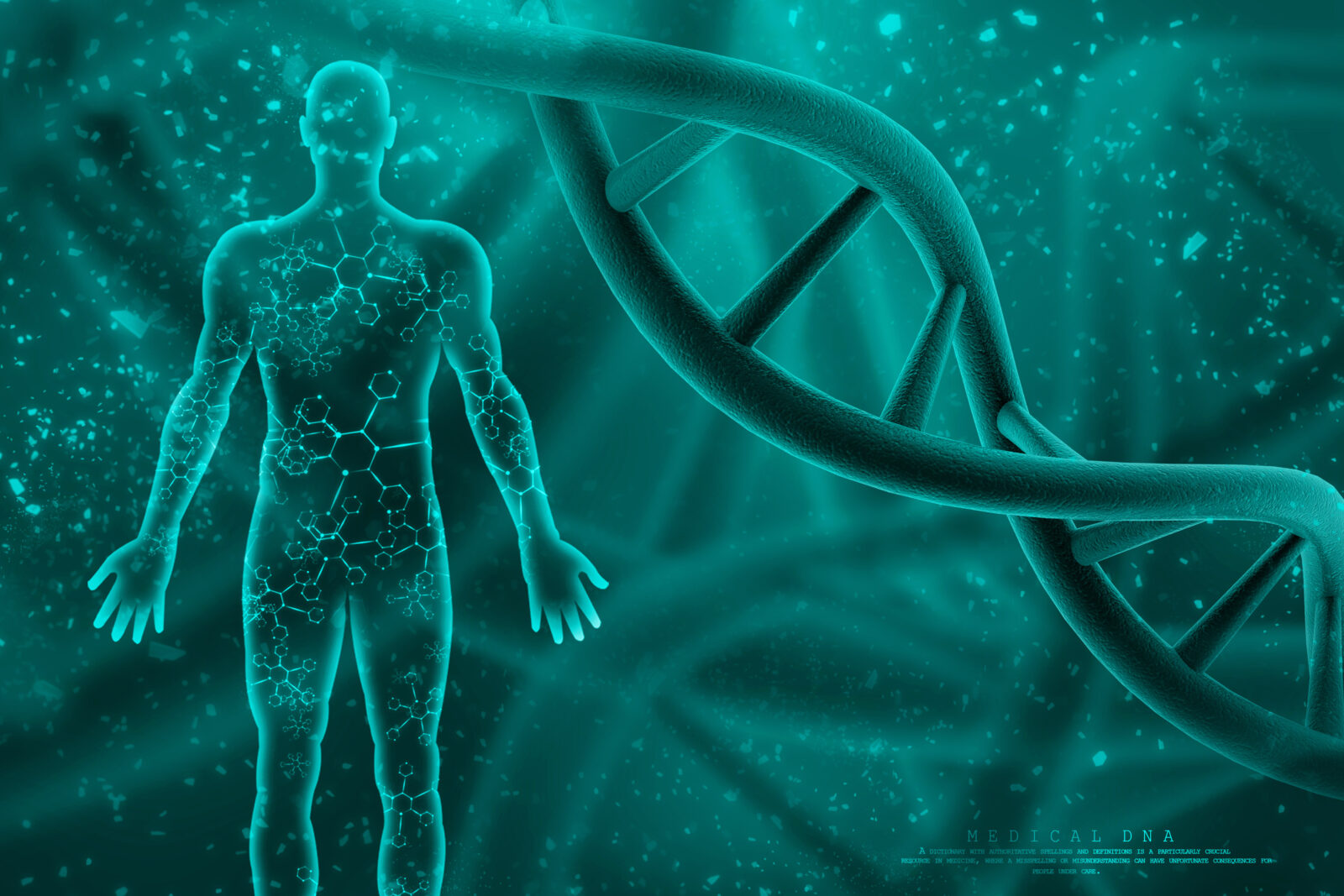A Guide to Understanding Contemporary Models of Human Origins
Are there ways to reconcile the latest scientific evidence with traditional theological views? On this ID The Future, host Emily Reeves talks to geologist and Center for Science & Culture Associate Director Casey Luskin about his recent paper in the mainstream journal Religions. In “Comparing Contemporary Evangelical Models Regarding Human Origins,” Luskin compares eight different models of human origins. Four of the models present an evolutionary mechanism, while the other four models propose non-evolutionary approaches. Luskin explains how each of the models interface with the scientific evidence and with key theological views. “The hope is not necessarily to tell you which model you should adopt,” says Luskin, “but to help you understand the models and to get a better feel for them.” In doing the research on this issue, Luskin learned that you don’t have to jettison traditional beliefs about Adam and Eve in light of the findings of science. He notes that there’s a rich diversity of models to explore with an open mind and a willingness to learn. But the landscape of options can get confusing, notes Reeves, so a good first step is understanding all the models. In this interview and in his new paper, Luskin gives us a concise and organized guide to do just that.
Luskin’s Religions paper is open-access and free to read here.
